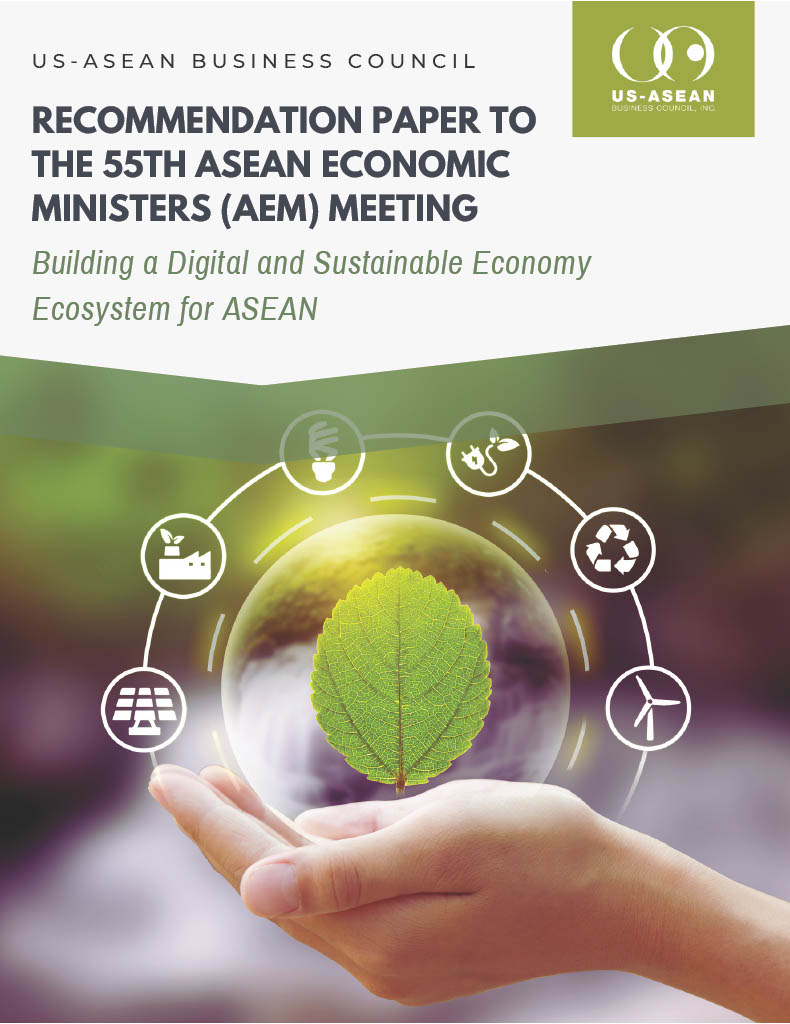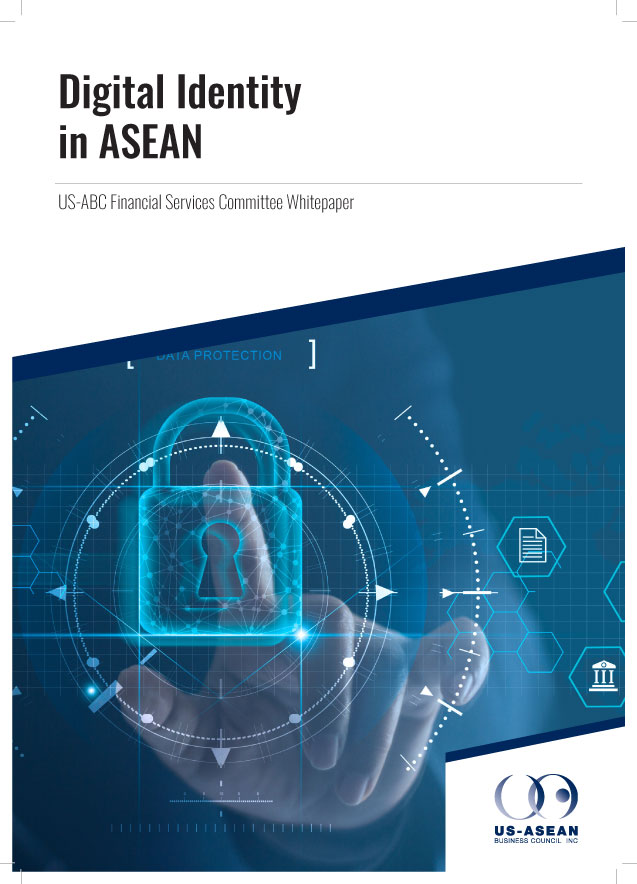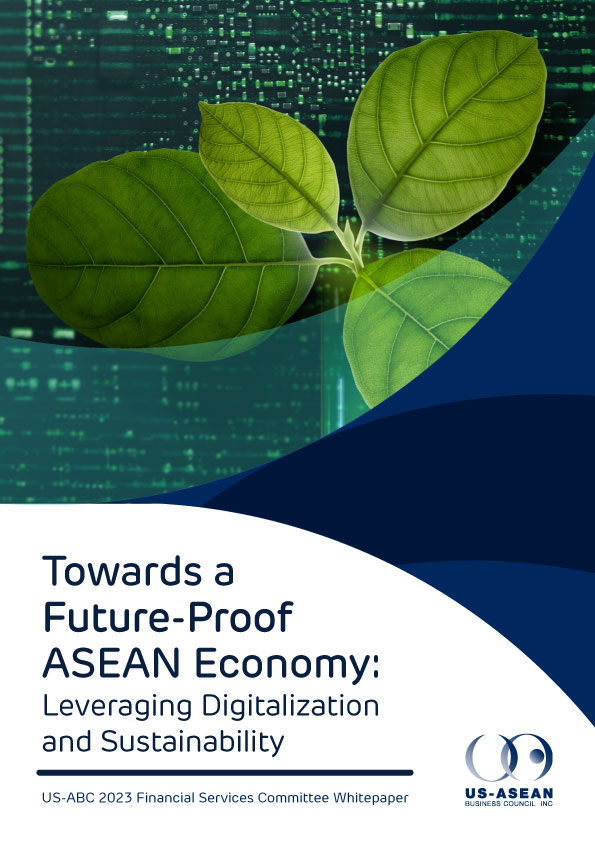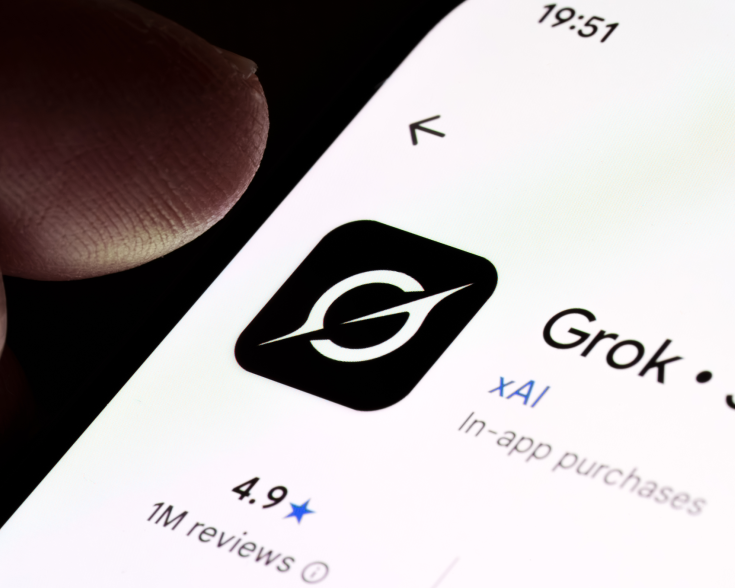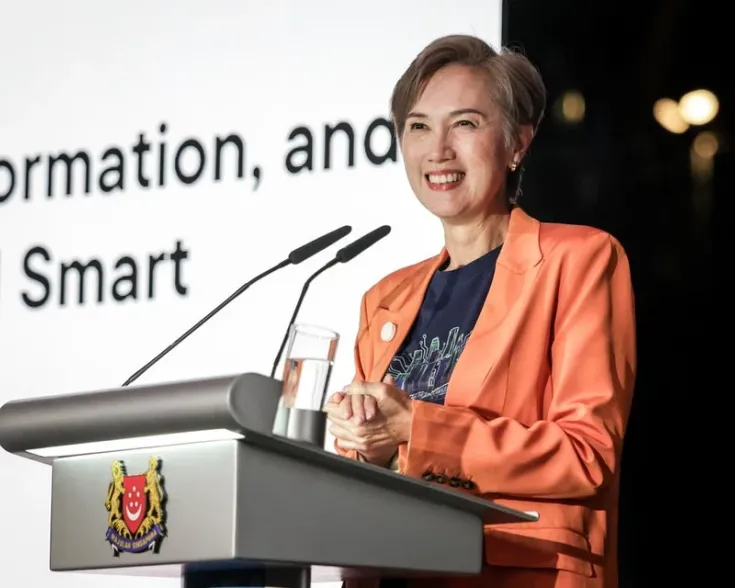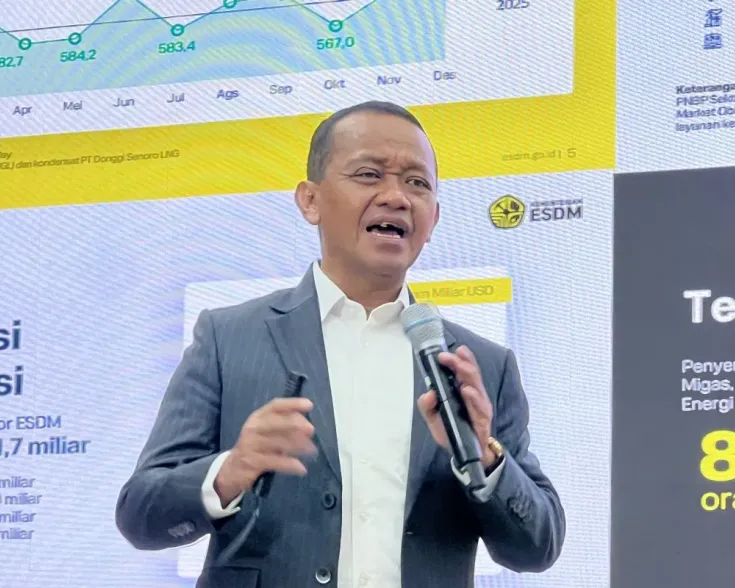The Role of Indonesia’s New Patent Law in Advancing AI Innovation

Indonesia’s new Patent Law includes significant changes to modernize and expand the scope of patentable subject matter, including artificial intelligence (AI). It also improves administrative procedures and introduces partial substantive examinations, reflecting alignment with international frameworks such as the TRIPS Agreement. Beyond products and processes, inventors are now able to secure protection for systems, methods, and applications aimed at addressing specific technical challenges. Furthermore, the amended law extends the public disclosure grace period from six to twelve months providing more flexibility.
However, the new patent law still faces challenges, particularly in balancing patent exclusivity with public access in critical sectors such as healthcare and education. Existing mechanisms like compulsory licensing may prove inadequate in emergency situations. Moreover, it lacks explicit provisions addressing inventions generated solely by AI without human inventors. The current patent law does not recognize AI systems as legal persons, although it allows for the patentability of AI-related inventions such as algorithms and autonomous systems.
With a more investor-friendly and transparent process, innovators have better protection for their creations. However, successful implementation will require alignment with existing legal frameworks on data protection, cybersecurity, and the digital economy, among others. Patent holders, tech companies, and AI researchers need to carefully navigate these evolving regulations and closely observe how courts and administrative bodies interpret the law, as ongoing legal refinement and coordination will also be essential to fully implement the law.





